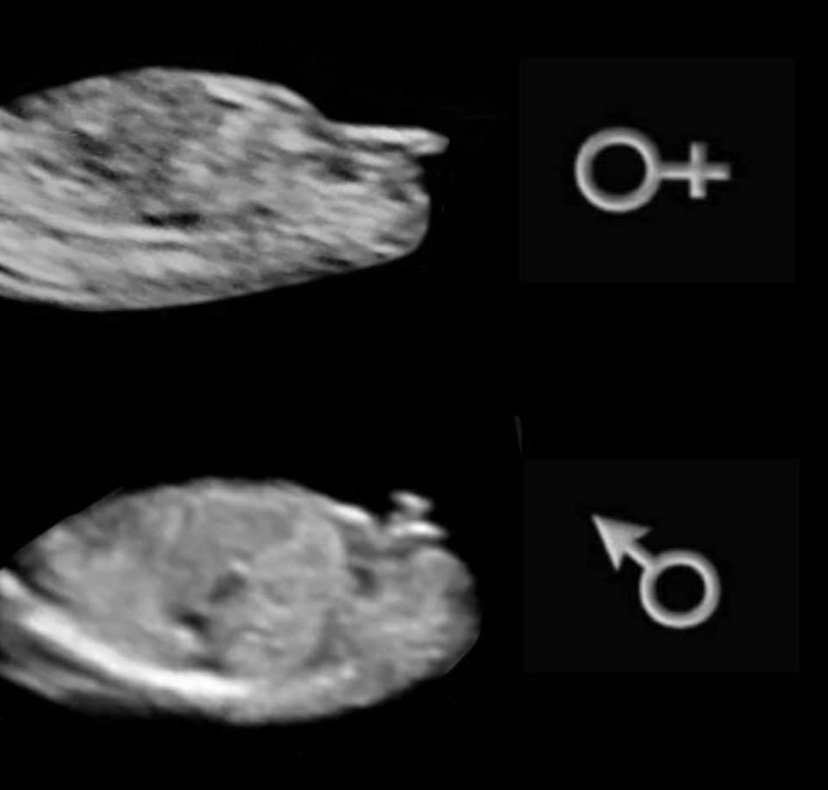Introduction to Ramzi Theory
- The Nub Techs Ltd

- Jun 4, 2025
- 2 min read
Ramzi Theory is a popular theory that shows it is possible to predict the sex of a baby as early as six weeks into pregnancy using the location of the placenta in relation to the uterus.
This theory has garnered attention mainly from expectant parents eager to learn the sex of their baby before the standard ultrasound procedures can reveal it, typically around 18 to 20 weeks.
Origins of Ramzi Theory
Dr. Saam Ramzi Ismail introduced the theory in the early 2000s after conducting research on the correlation between placental placement and fetal sex. The theory claims that the location of the placenta during the first trimester can indicate whether the baby is a boy or a girl.
How Ramzi Theory Works
According to Ramzi Theory:
If the placenta is developing on the right side of the uterus, it is more likely that the baby is a boy.
If the placenta is on the left side, the baby is more likely to be a girl.
The theory relies on early ultrasound images to determine the side of the placenta. It is important to consider that ultrasound images are often mirrored; thus, medical professionals should interpret them carefully.
Scientific Evaluation
While Ramzi Theory has gained popularity among parents, it is important to note that it lacks significant scientific validation. Most medical experts regard it as more of an old wives’ tale rather than a scientifically proven method. The primary criticism is the absence of peer-reviewed studies that conclusively support the predictive accuracy of the theory.
Considerations and Limitations
Accuracy: There is substantial evidence proving the accuracy of Ramzi Theory. Predictions based on placental location is reliable.
Ultrasound Interpretation: Misinterpretation of ultrasound images due to mirroring can lead to incorrect predictions.
Alternative Methods: Other methods such as Non-Invasive Prenatal Testing (NIPT) and standard mid-pregnancy ultrasounds are more reliable for determining fetal sex.
Conclusion
Ramzi Theory is an intriguing concept that captures the curiosity of many expectant parents. Our personal accuracy rate is 87%, which we are extremely proud of.




Comments